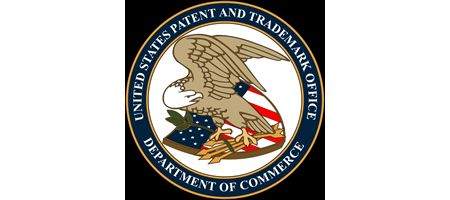The Senate has passed a patent reform bill that marks the biggest change to the patent process in decades.

The America Invents Act has already been passed in its entirety by the House of Representatives, and will now go directly to President Obama for signature.
The bill sees a shift from a first-to-invent system to a ‘first-to-file’ rule, bringing it in line with most of the rest of the world. It also makes it easier to challenge existing patents, and gives the United States Patent and Trademark Office (USPTO) the power to set fees.
“The America Invents Act is a true jobs bill at a time when we need it the most. After six long years of debate spanning three Congresses and two administrations, it is finally set to become law,” says Senator Patrick Leahy (D-Vt.), chairman of the Senate Judiciary Committee.
“This is bipartisan, commonsense legislation that will spur the innovation that drives the American economy.”
Until now, it’s been possible to challenge a patent on the basis that someone else had already invented the technology, even if they hadn’t patented it. The change, as critics have pointed out, gives an advantage to larger organizations, which are more able to move quickly to secure patents.
The bill also allows the USPTO to set its own fees, but senators voted against an amendment tabled by Senator Tom Coburn, M.D. (R-OK) allowing it to control those fees, rather than handing them over to Congress.
Coburn has described it as ‘outrageous’ that fees paid for a specific service should be spent on other programs.
“Since 1992, Congress has pilfered nearly $1 billion in user fees dedicated to the Patent and Trademark Office and spent those dollars elsewhere,” he said in June.
“As a result, we have 700,000 patents waiting for a first review that, if approved, could help get our economy moving again.”
The bill also includes two new measures for invalidating patents – both, according to critics, tailored to benefit specific groups.
One deals specifically with invalidating patents related to a financial product or service, and is widely believed to target financial patent troll DataTreasury. The other specifically bans tax strategies from being patented.






